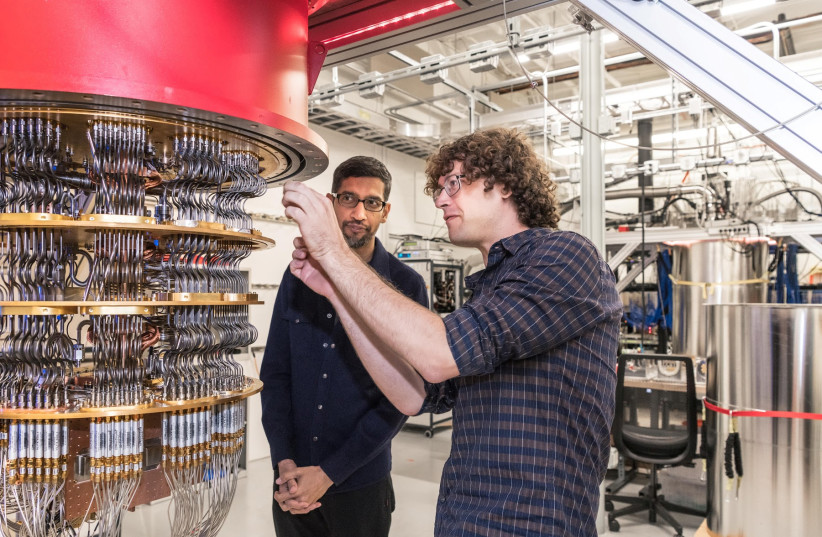Our brains may use quantum computing for cognitive and conscious functions, according to a new study published by scientists from Trinity College Dublin earlier this month.
In the study, published in the peer-reviewed Journal of Physics Communications, the scientists found that brain functions can create quantum entanglement - a phenomenon in which particles' states are connected even when separated by distance.
The scientists adapted an experiment used to prove the existence of quantum gravity, in which a known quantum system is made to interact with an unknown system. If the known systems entangle, then that shows that the unknown system must be a quantum system, explained Dr. Christian Kerskens, lead physicist at the Trinity College Institute of Neuroscience (TCIN), in a press release.
Kerskens explained that the team used the proton spins (the proton's magnetic orientation) of "brain water" as the known system in their experiment.
"‘Brain water’ builds up naturally as fluid in our brains and the proton spins can be measured using MRI (Magnetic Resonance Imaging)," said the physicist.

The scientists then used a specific MRI design to look for entangled spins and found MRI signals that resemble "heartbeat evoked potentials" - changes in brain waves caused by an electrical potential in the brain that can be caused due to changes in cardiac activity.
Usually heartbeat evoked potentials and other similar charges are not detectable with MRI. The researchers believe that they were able to record these electric charges because the nuclear proton spins in the brain were entangled.
“If entanglement is the only possible explanation here then that would mean that brain processes must have interacted with the nuclear spins, mediating the entanglement between the nuclear spins. As a result, we can deduce that those brain functions must be quantum," said Kerskens.
Quantum processes may be important for cognitive, conscious brain functions
“Because these brain functions were also correlated to short-term memory performance and conscious awareness, it is likely that those quantum processes are an important part of our cognitive and conscious brain functions."
Kerskens added that quantum brain processes could explain why humans can outperform supercomputers in cases of unforeseen circumstances, decision making or learning.
"Our experiments performed only 50 meters away from the lecture theatre, where Schrödinger presented his famous thoughts about life, may shed light on the mysteries of biology, and on consciousness which scientifically is even harder to grasp,” said the physicist.
The findings still need to be corroborated and confirmed - likely by advanced multidisciplinary approaches - but, if they are confirmed, they will greatly enhance our understanding of how the brain works.
